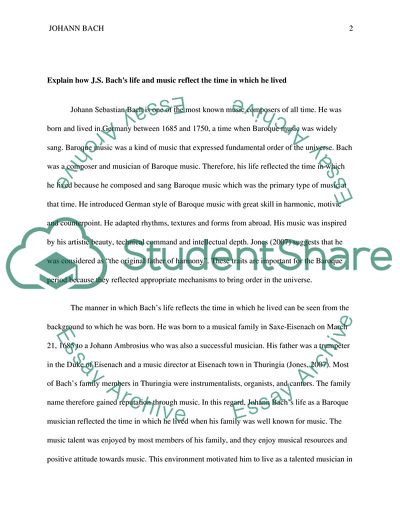Cite this document
(J.S. Bach Essay Example | Topics and Well Written Essays - 1250 words, n.d.)
J.S. Bach Essay Example | Topics and Well Written Essays - 1250 words. https://studentshare.org/music/1861323-bach
J.S. Bach Essay Example | Topics and Well Written Essays - 1250 words. https://studentshare.org/music/1861323-bach
(J.S. Bach Essay Example | Topics and Well Written Essays - 1250 Words)
J.S. Bach Essay Example | Topics and Well Written Essays - 1250 Words. https://studentshare.org/music/1861323-bach.
J.S. Bach Essay Example | Topics and Well Written Essays - 1250 Words. https://studentshare.org/music/1861323-bach.
“J.S. Bach Essay Example | Topics and Well Written Essays - 1250 Words”. https://studentshare.org/music/1861323-bach.


